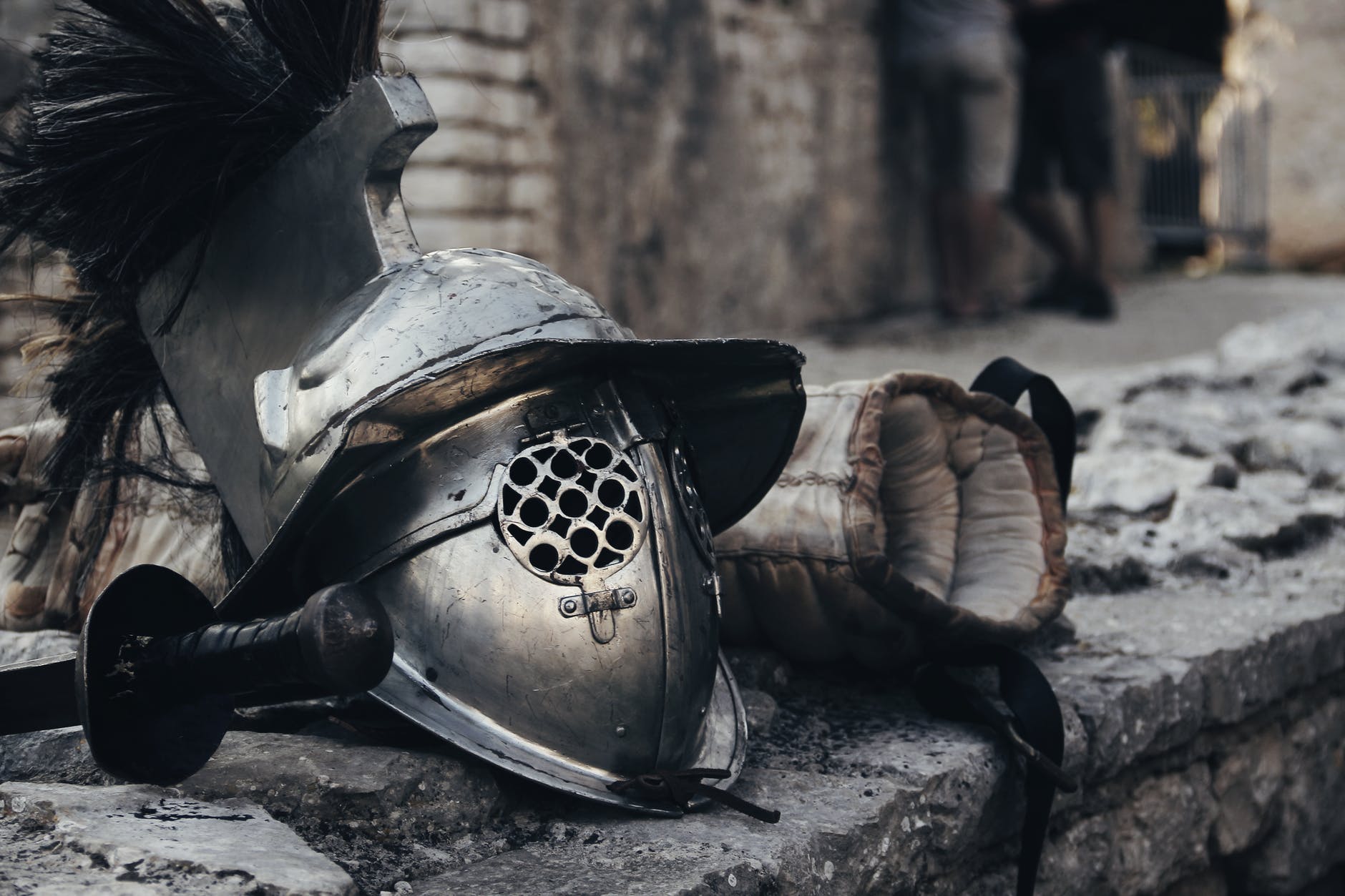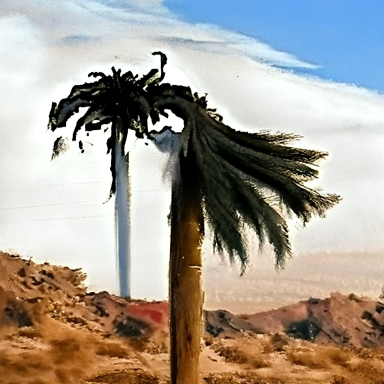
The clock struck midnight…its time for a fundamental shift in my life. I do not know how it will play out nor how I will traverse the period of challenge that lies ahead. I am entering a period of deep self analysis, facing my own weaknesses where my own karma is coming back to haunt me. The forces coming down on me is outside of my current control and will be severe but hopefully also cleansing. It is as if the dark forces are gathering for the battle. I can fight issues one by one but I cannot fight them all when they happen all at once or in the same time frame. Defeat will be humiliating and victory is a slim possibility.
Paulo Coelo summarise it beautifully in the book: “The Devil and Miss Prym”: “When we least expect it, life sets us a challenge to test our courage and willingness to change; at such a moment, ther is no point in pretending that nothing has happened or in saying that we ar not yet ready. The challenge will not wait. Life does not look back. A week is more than enough time for us to decide whether or not to accept our destiny. ”
It is in these circumstances that I ask myself again and again how I should behave. What does it mean to have the courage? The definition of courage is: the quality of mind or spirit that enables a person to face difficulty, danger, pain. The internet is abundant about the topic of courage. I like the one of Maya Angelou that reads “Courage is the most important of all the virtues because without courage, you can’t practice any other virtue consistently”. I like this definition because it shows you haw the virtues are interrelated and where each virtue if seen on its own seems to be the most important of the virtues.
Courage does not shrink back, but rather faces the situation head on. Proverbally taking the bull by the horns. There is no procrastination when it comes to courage. Courage accesses the odds, make up a battle plan and then go into the fight fully without hesitation. Courage accepts the outcome of the battle whether it is victory or failure. The odds no longe matter but the focus remains singularly on victory and accepts defeat only when there is no more options.
Courage enables us to maintain our equanimity and friendliness to those around us. When we are courageous we do not allow our issues to spill over into the lives of those around us. We remain the pillar that other can lean on irrespective how weak we feel. Courage is not being frozen my circumstances but to maintain the agility and awareness to find a way forward.
Maybe I should end of this contemplation on courage with a quote from Napoleon Bonaparte: “Courage isn’t having the strength to go on – it is going on when you don’t have the strength”



